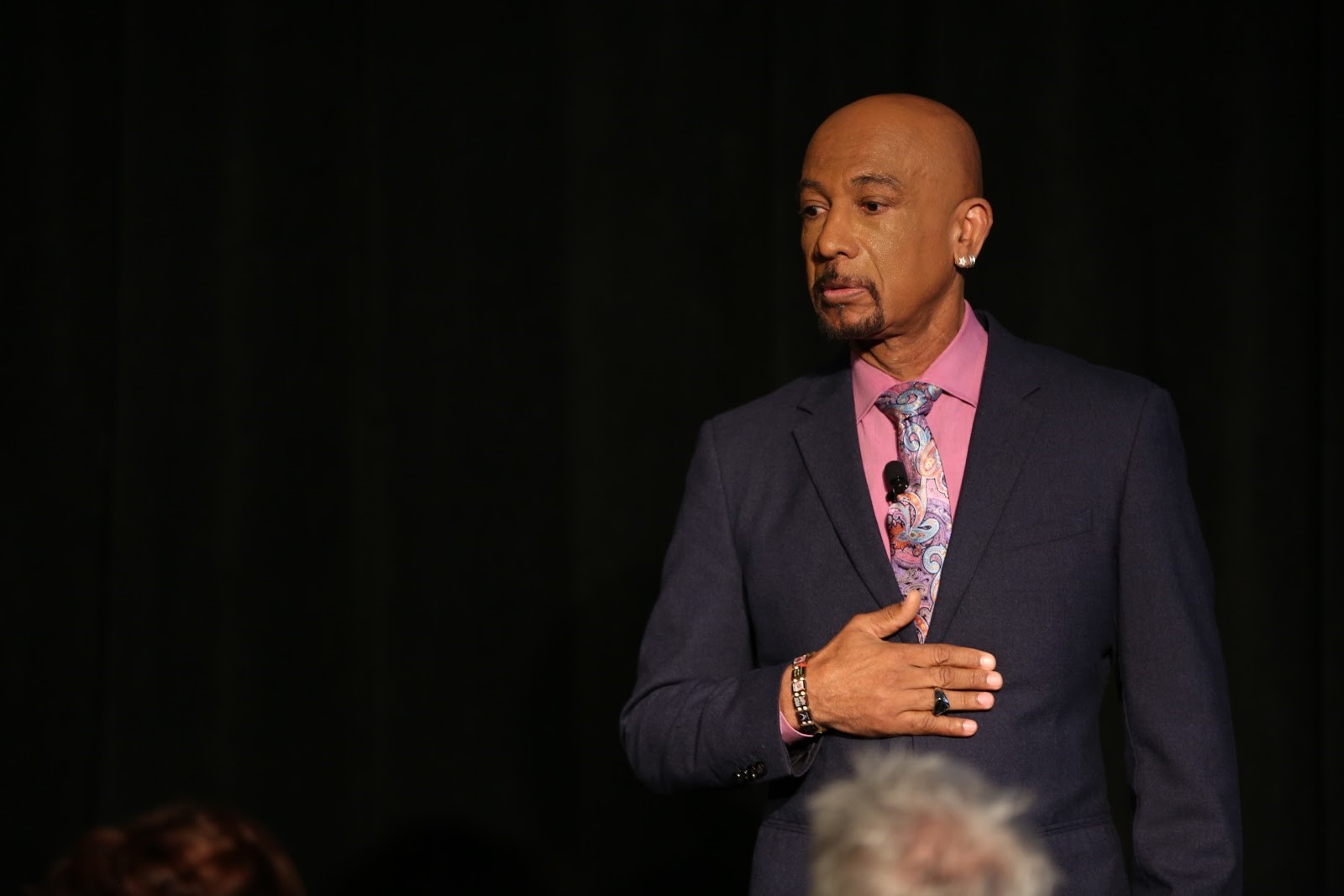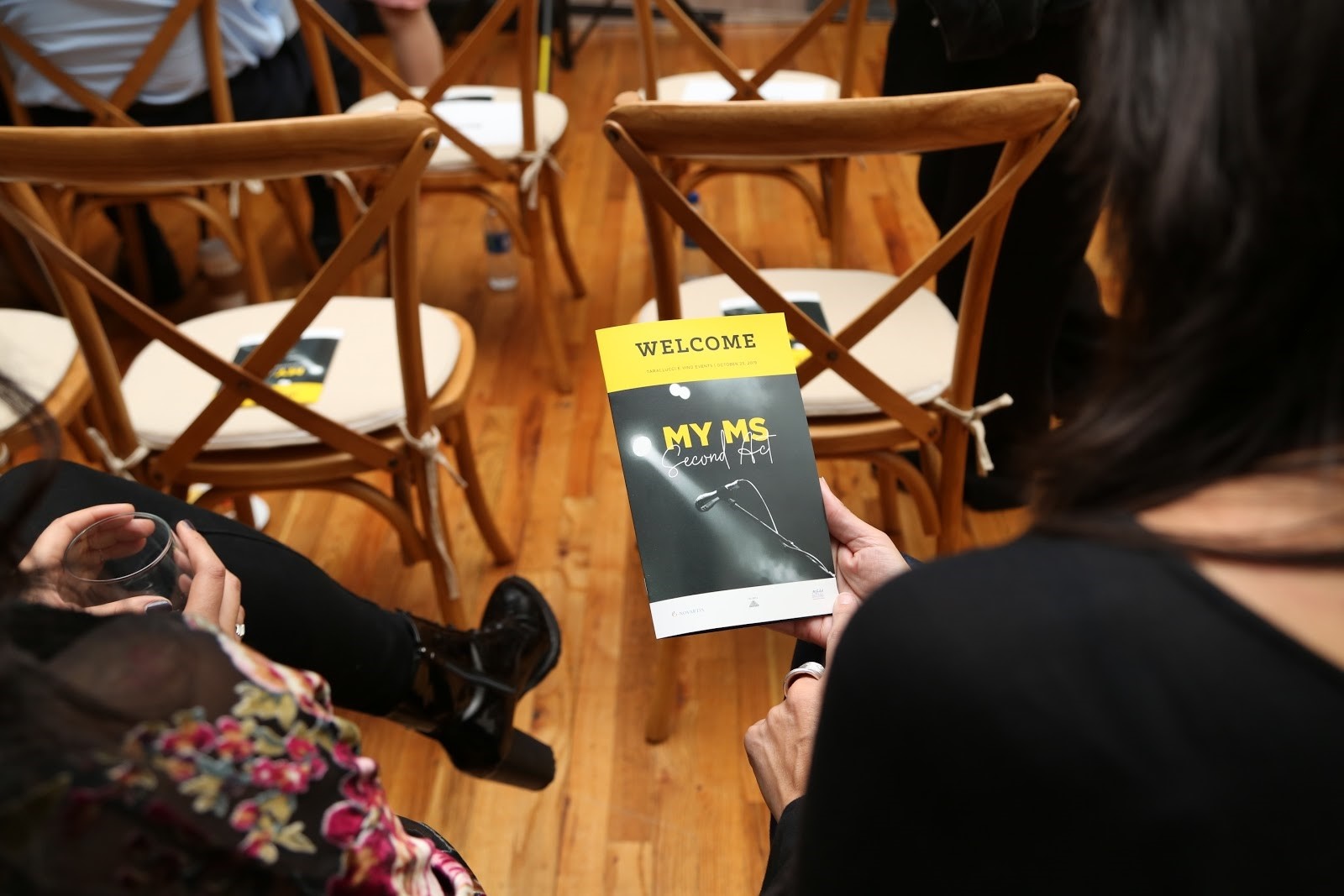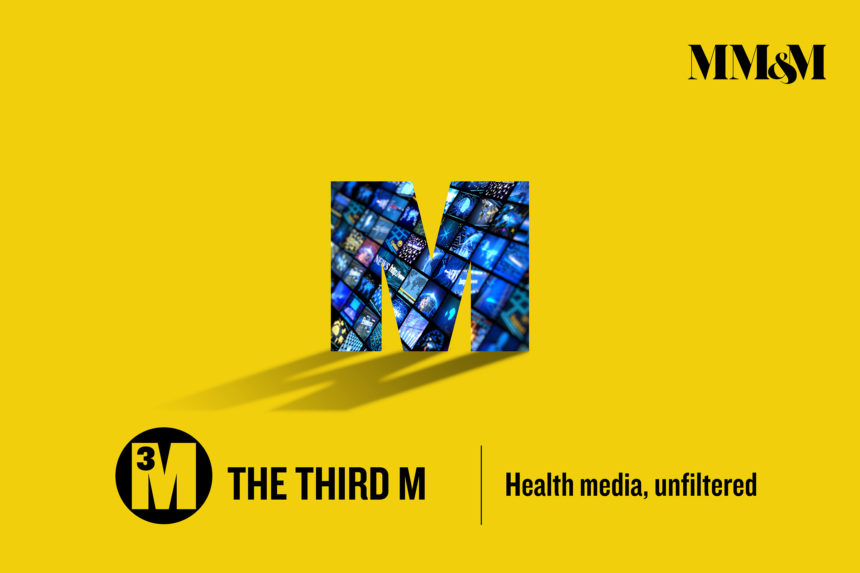Given his level of education, the resources at his disposal and his media celebrity, one would place Montel Williams near the bottom of any list of individuals likely to endure a missed diagnosis for two full decades. And yet there he was during the bulk of the 1980s and ’90s, enduring pain in his lower extremities and temporary blindness in one eye as doctor after doctor failed to diagnose him with relapsing-remitting multiple sclerosis.
That he lived like this while, among other things, serving in the Navy, hosting a syndicated TV talk show and becoming a father to four children, ranks as a fairly amazing achievement in retrospect. But even though this makes Williams something of a medical cautionary tale – albeit one from a very different era – it also comprises a pivotal part of the origin story for one of the MS world’s most effective and engaged spokespeople.
“You go to the doctor and you come out with the impression everything that’s wrong with you is in your head. That’s what I had to deal with for 20 years,” he says plainly.
Williams comes across more resigned than bitter when discussing the missed diagnosis. He notes that, as a member of the military — he earned three Meritorious Service Medals and two Navy Commendation Medals during his years of service — he had access to some of the best physicians and facilities in the world. “We’re talking Walter Reed here,” he quips.
And with the benefit of hindsight, he understands that the medical community had its share of blind spots when it came to the diagnosis and treatment of MS in the late ’70s and early ’80s. “Back then, it was diagnosed primarily in Caucasian women,” Williams says. “The only African-Americans publicly diagnosed with MS were Lola Falana and Richard Pryor, but in his case it was associated with his drug use, whether or not that was what was happening. The data hadn’t really been extrapolated and presented in the way it could have been.”
It didn’t help that Dr. Google hadn’t started practicing medicine. Nowadays, individuals experiencing symptoms similar to those that Williams had can type them into a search bar and get a head start on their diagnosis. Then, regardless of his real or perceived advantages, Williams had little choice but to rely on what he heard from his physicians.

Image courtesy of Novartis
That more than anything else fueled his frustration. “While I was in the Navy, I spent 300 days under water, all the while having to deal with neurological anomalies every two or three months,” he explains. “It was like, ‘Well, we don’t know what’s causing that’ – in essence, ‘It’s not going to kill you, whatever it is, so you need to work around it.’ I did the best I could.”
When he finally was diagnosed with MS – in 1999, a full 20 years after he first started experiencing neurological episodes – Williams was more relieved than shocked. What worried him most was that, for his myriad efforts to get to the root of his illness and tweak his diet and activity regimen to find relief, he knew next to nothing about the disease with which he’d been dealing for so long.
“Honestly? I walked out of the doctor’s office thinking about Jerry’s Kids. I didn’t know the difference between MS and MD [muscular dystrophy, a disease for which Jerry Lewis famously raised funds and awareness],” Williams says.
While this ordeal planted the seeds for his transformation into a disease advocate and activist, Williams first sought to take care of himself. He made larger-scale health and diet changes. He went on medication and attempted to reduce his stress level via a range of mindfulness techniques.
Then he got busy. Life Lessons and Reflections, the first of Williams’ books about health and wellness, was published in late 2000. That year, he founded the Montel Williams MS Foundation and started devoting an increasing percentage of his syndicated TV talk show to wellness-related issues.
“It would have been almost criminal to not share everything I learned,” Williams explains. “If I figured something out that helped and kept it to myself, what good is that?”
Soon thereafter, he teamed with Billy Tauzin – a U.S. representative from Louisiana who, upon leaving office, became president and CEO of PhRMA – to help establish the Partnership For Prescription Assistance, which helps connect uninsured and underinsured people with programs that provide lower-cost medicines. “Billy was on my show talking about his journey with a very, very, very rare form of cancer, and [my involvement] came out of that. The idea for the program had been on the shelf for a while,” Williams recalls, adding, “It happened during a commercial break.”
Williams’ alliance with the industry came as something of a surprise. In the wake of his diagnosis, Williams had become more outspoken about the state of health and medicine in the country. “I was pretty hard on pharma. I did several shows about things I thought were wrong about the system,” he says. However, his tele-tête-à-tête with Tauzin convinced him that he could effect change more quickly working from within.
“The process of getting access to medication was, and is, so daunting, a lot of people didn’t even bother to ask for help,” Williams continues. “The idea was to take out the administrative roadblocks and make things more visible and simple.”
As part of the program’s awareness push, he spent significant time during the aughts traveling around the country with pharma bigwigs. Williams estimates that since the partnership’s creation it has helped 11 to 12 million people receive free or nearly free medicine.

Paired with his patient status, this history of working with pharma made him a natural fit for My MS Second Act, a program launched last October in conjunction with Novartis, the Multiple Sclerosis Association of America and storytelling nonprofit The Moth. Its primary aims are to distinguish among the different forms of MS and encourage patients to share and even celebrate their treatment stories.
Given those goals, it’s no surprise that Williams has thrived as a spokesperson. “He knows through his own disease journey the importance of owning your story and being the one to tell it,” says Leverne Marsh, VP of Novartis’ U.S. neuroscience franchise. “It was important for us to find a partner who strongly believes in the essence of our campaign – to educate about progressing MS and, importantly, empower patients to be more proactive about noticing signs of disease progression.”
For his part, Williams is enthused by the campaign’s potential to activate individuals who, up until now, had suffered in silence. “We become advocates, for ourselves and as a community, by sharing what we’ve gone through,” he says. “All of us suffer differently. I want this to trigger others – like, ‘Hey, that’s something I’m dealing with, too.’”
Williams’ career has not been without its share of controversy, notably a 2007 incident in which he allegedly threatened to “blow up” a teenage newspaper intern who asked pointed questions during a promotional appearance for the Partnership For Prescription Assistance. At the same time, Williams remains one of the biggest supporters of U.S. military veterans and has presented several plans for VA reform. With the recent launch of his Montel By Select line of CBD and THC products, Williams has drawn on his use of cannabis to treat his MS symptoms. And in his current mission as an MS activist and advocate, he appears to have found a role that taps his empathy, enthusiasm and media savvy in equal parts.
“What’s the expression? ‘There are so many of us who are the least of us,’” he says. “We’ll all be judged in our final days by what we’ve done for the least of us. In my case, that’s not just for people with MS, but people suffering from any plight.”
Williams doesn’t come out and say it, but one senses he would have loved to have availed himself of the opportunities afforded by a program like My MS Second Act following his long-delayed diagnosis. “I worked really hard to hide my symptoms. I didn’t want people to see my limp. I dealt with that,” he continues. “This program gives us an honest way to share our understanding of the challenges [that come with MS]. Rather than give in to the narcissism of the day, you can be part of a community reaching out to help others.”
From the February 01, 2020 Issue of MM+M - Medical Marketing and Media







